Blog
Gender identity and gender expression at work
In June 2020, the Supreme Court in Bostock v. Clayton County ruled that the 1964 Civil Rights Act extends protections against discrimination to gay, lesbian, and transgender employees.[1] Federal law now dictates that adverse employment decisions cannot be made on the basis of sexual orientation and gender identity. While this applies to all 50 states and territories, individual states continue to have civil rights laws on the books to extend these protections to the context of housing, education, and public accommodations.
California has been at the forefront of such civil rights advances. Currently, California is one of 23 states (including D.C.) in the U.S. that has state laws explicitly prohibiting discrimination on the basis of gender expression and gender identity in housing and employment, and one of 22 that prohibits it in the context of public accommodations.[2]
Gender identity and gender discrimination law in California
California prohibits discrimination based on gender, gender identity, and sexual orientation. Trans and gender-nonconforming individuals are protected under the Fair Employment and Housing Act (FEHA) and the Unruh Act. FEHA protects against discrimination in the workplace (California Code § 12940) and in housing accommodations (California Code § 12955) based on certain protected classes. The Unruh Act ensures businesses cannot discriminate when it comes to access to their accommodations, facilities, privileges, or services in California. Additional protections when it comes to health care, education, and hate crimes exist through California laws and local ordinances.
Gender identity and gender expression FEHA protections for employees
Under FEHA, employers may not demote, harass, fail to hire or promote, or discriminate based on gender identity, gender expression, and sexual orientation. This applies to discrimination on the basis of perceived gender, gender identity, or gender expression as well. FEHA regulations also prohibit employment discrimination against people who are transitioning, are perceived to be transitioning, or have transitioned.
FEHA uses the following definitions for gender expression and identity:
- Gender expression: “a person’s gender-related appearance or behavior, or the perception of such appearance or behavior, whether or not stereotypically associated with the person’s sex assigned at birth.”
- Gender identity: “each person’s internal understanding of their gender, or the perception of a person’s gender identity, which may include male, female, a combination of male and female, neither male nor female, a gender different from the person’s sex assigned at birth, or transgender.
Beyond foundational protections against harassment, retaliation, and discrimination, FEHA regulations delineate specific rights transgender and gender-nonconforming employees have in the workplace. These include:
- A right to be addressed using the individual’s stated gender, name, or pronouns, regardless of whether these changes are reflected in your official legal documents
- A right to use the restroom that corresponds with one’s gender identity. Employers must designate single-stall restrooms as “all gender,” “unisex,” or “gender neutral.”
- A right to dress according to one’s gender expression and identity within the limits of a reasonable dress code implemented in a non-discriminatory fashion
- A right against employers requiring proof or documentation of a person’s gender identity, gender, gender expression, or sex.
Gender identity and gender expression lawyers
At Browne Employment Lawyers, we believe firmly in the civil rights of people in the LGBTQ+ community. Our lawyers are deeply dedicated to advocating for your rights as a worker, tenant, or individual experiencing discrimination or harassment. Our firm represents clients on a contingency fee basis, which means that there are no up front costs or fees. Call or email our civil rights lawyers for a free consultation about your case.
[1] https://www.npr.org/2020/06/15/863498848/supreme-court-delivers-major-victory-to-lgbtq-employees.
[2] Movement Advancement Project. “Equality Maps: State Nondiscrimination Laws.” https://www.lgbtmap.org/equality-maps/non_discrimination_laws. Accessed 12/06/2021.
How Browne Employment Lawyers’s gender identity and gender expression lawyers can help
If you have experienced gender identity of gender expression discrimination, Browne Employment Lawyers is available for free consultations to investigate and determine whether we can offer to represent you. To begin this process, please get in touch with us by calling or texting 800-421-2594 or emailing team@browneemploymentlawyers.com.
While not required for an initial consultation, it is helpful to prepare in advance:
The specific facts and any records about the incident(s), including the name and contact information of the person or entity you believe harmed you (if known);
The names and contact information of any witnesses (if known); and
Copies of any documents or other evidence related to your situation.

